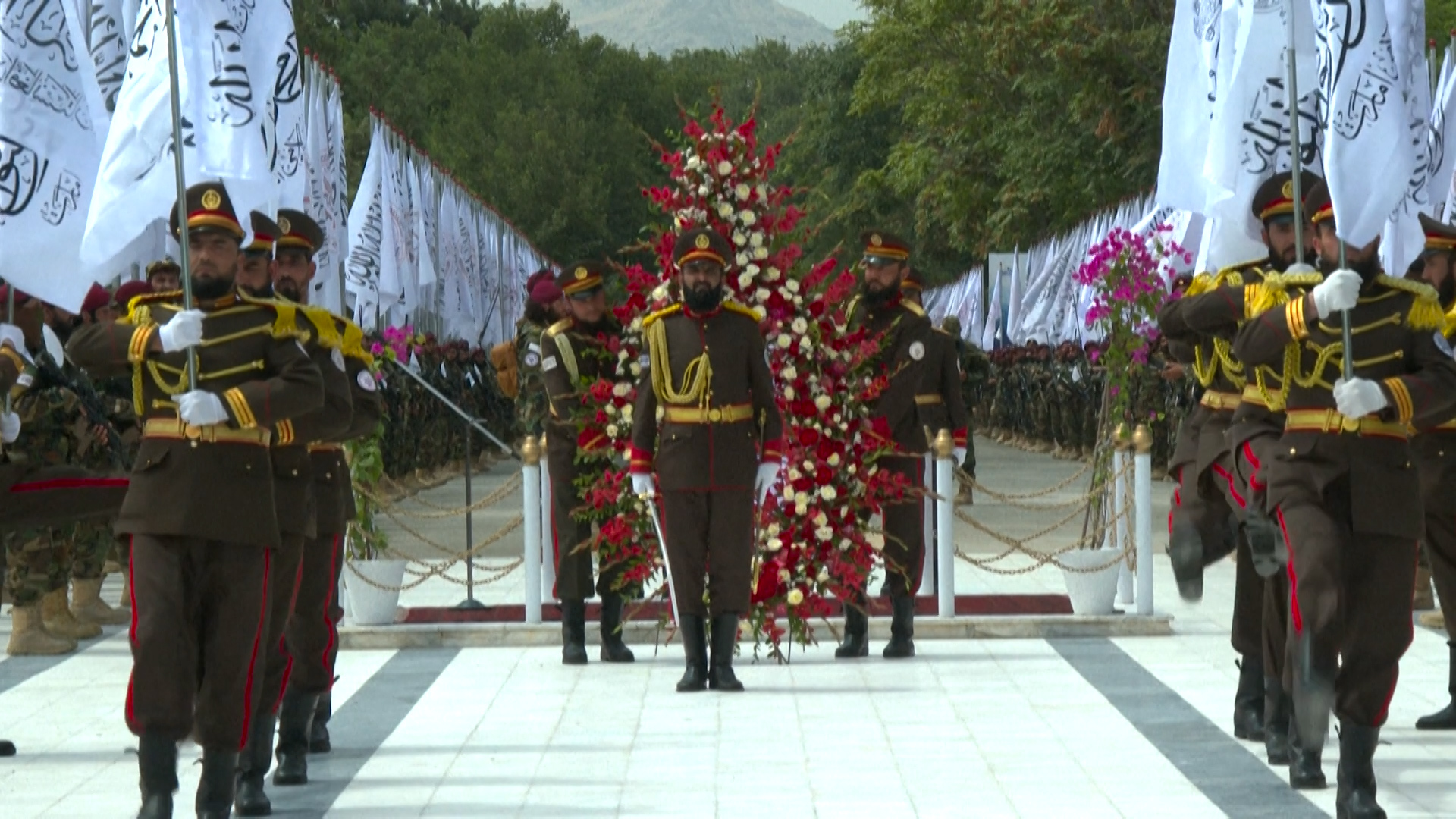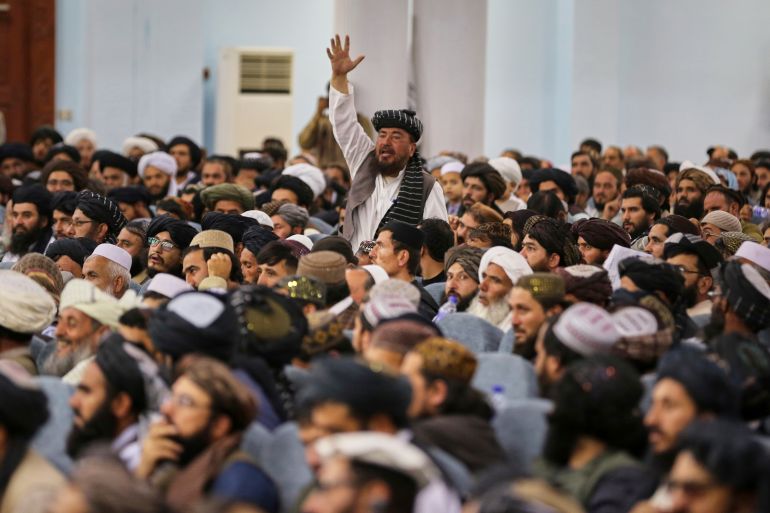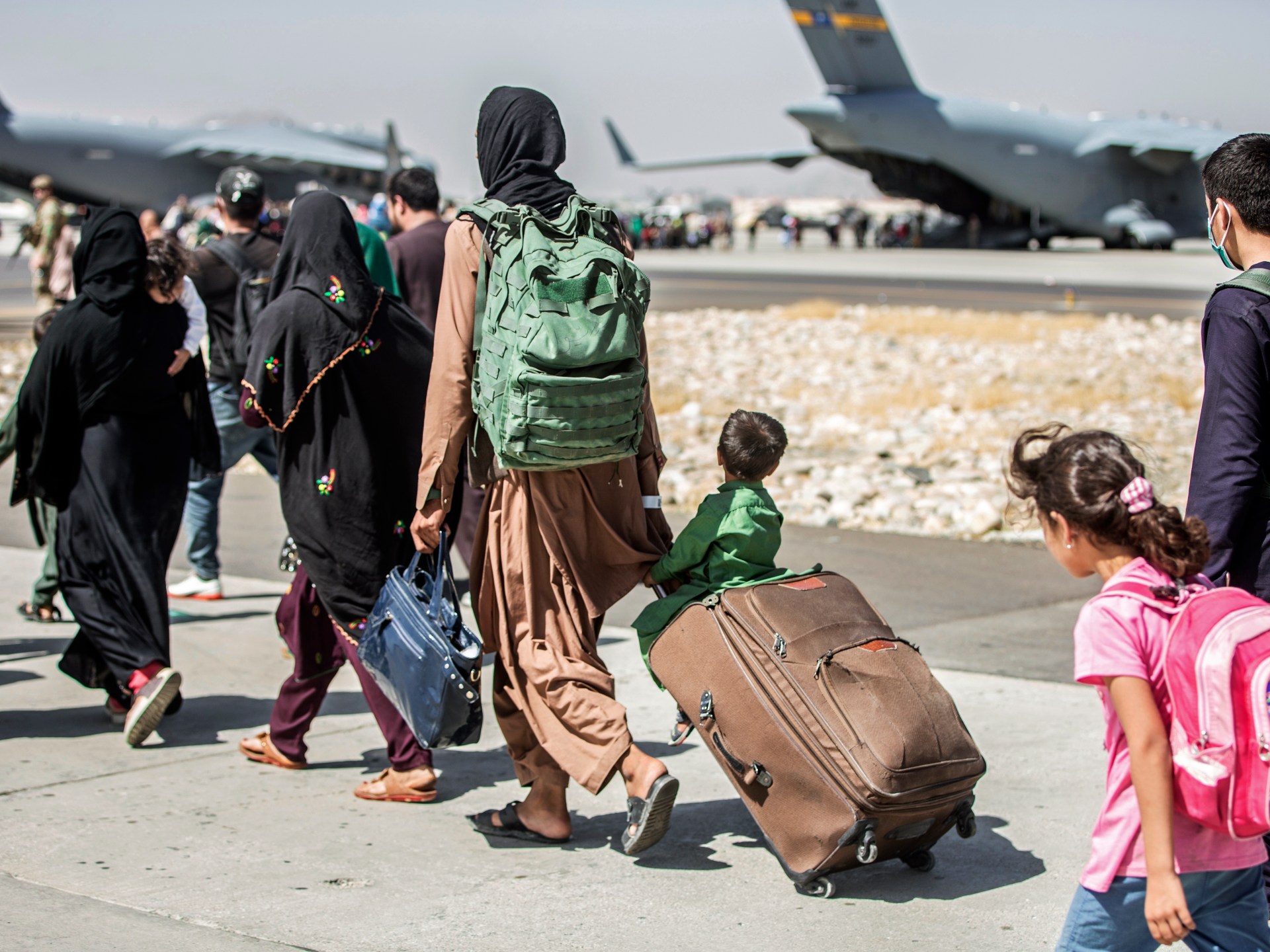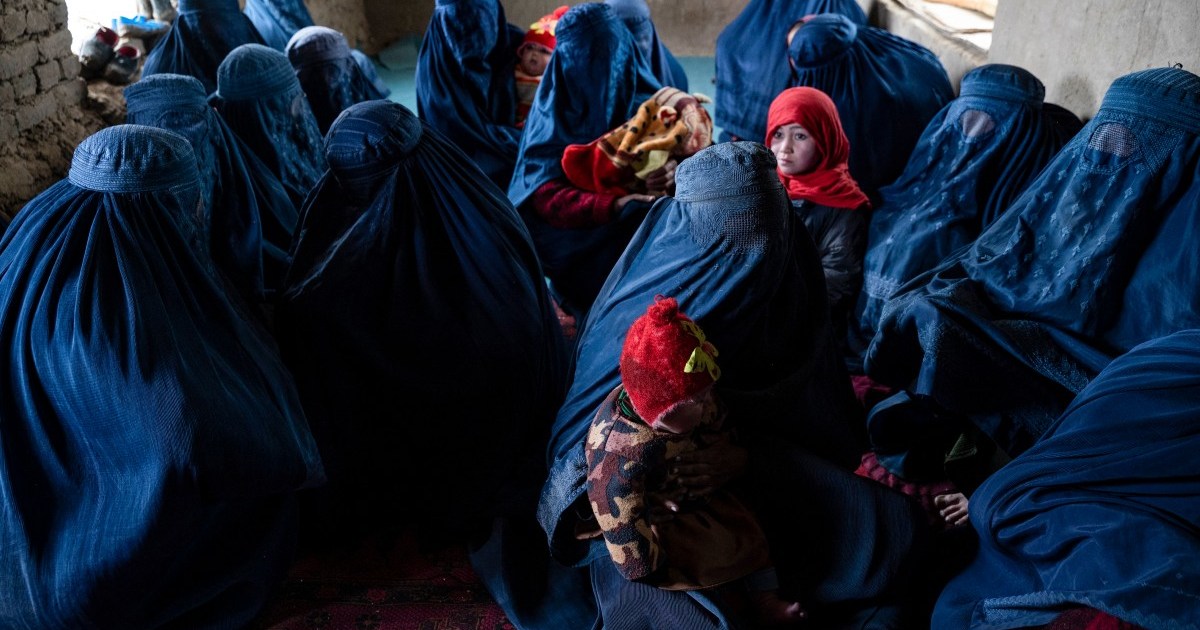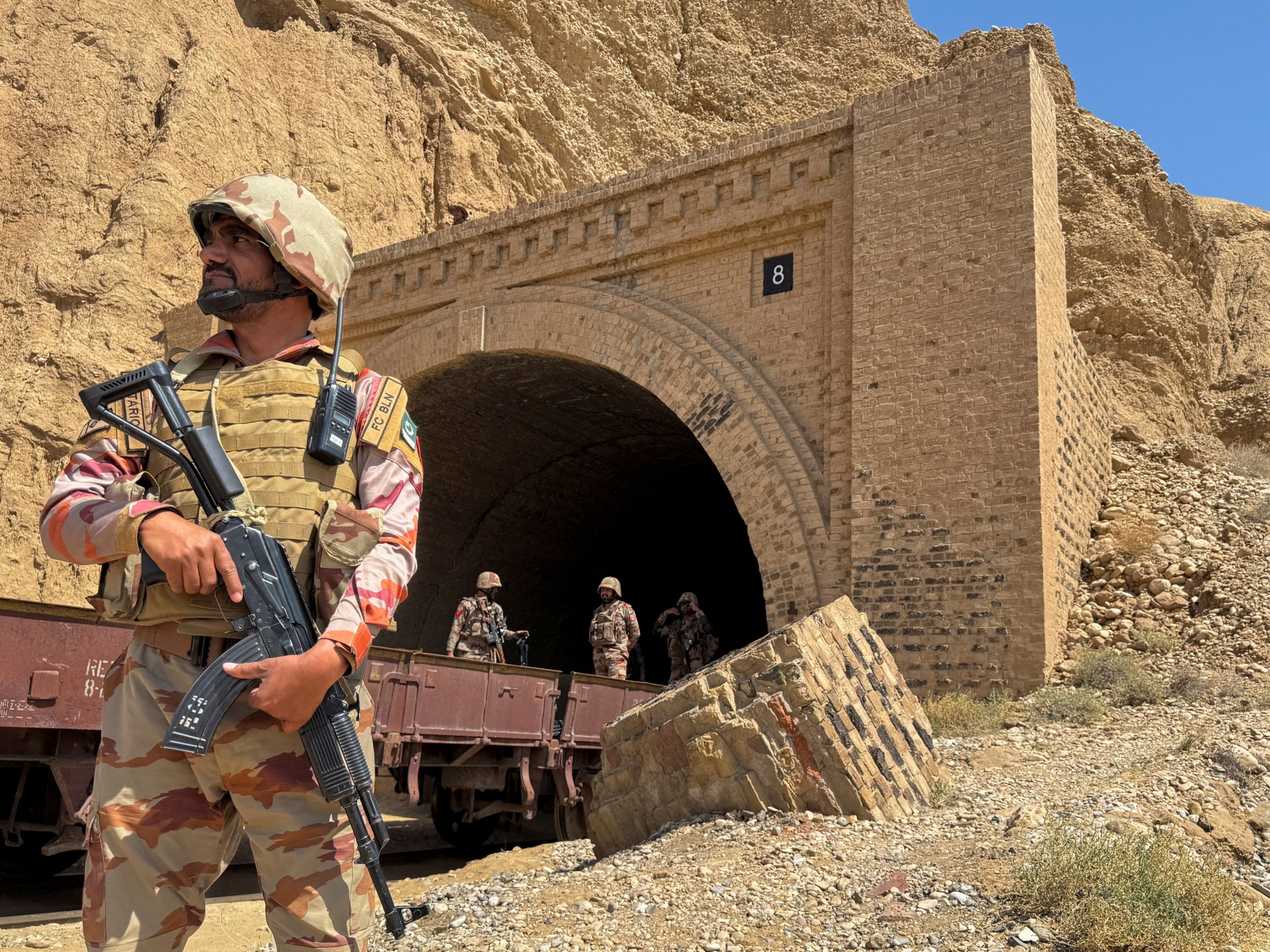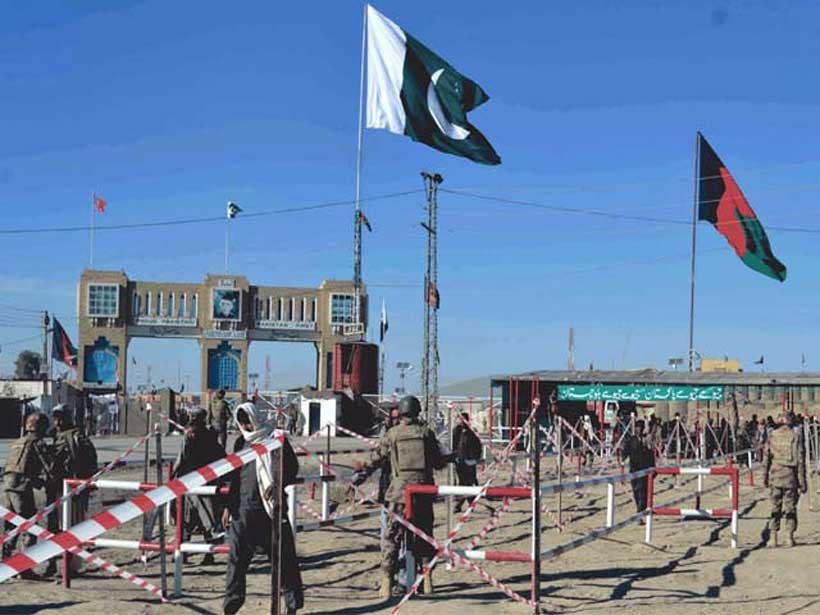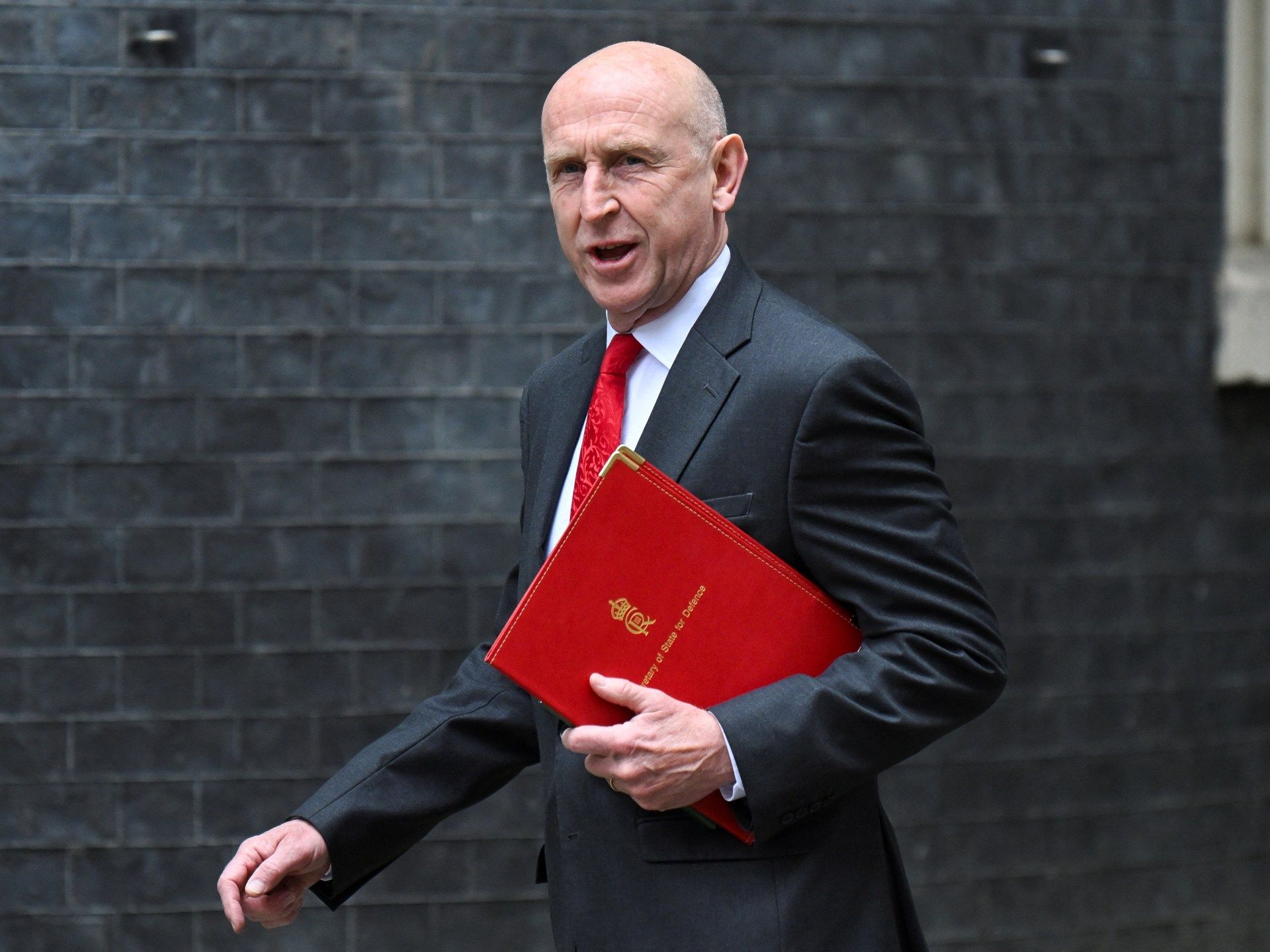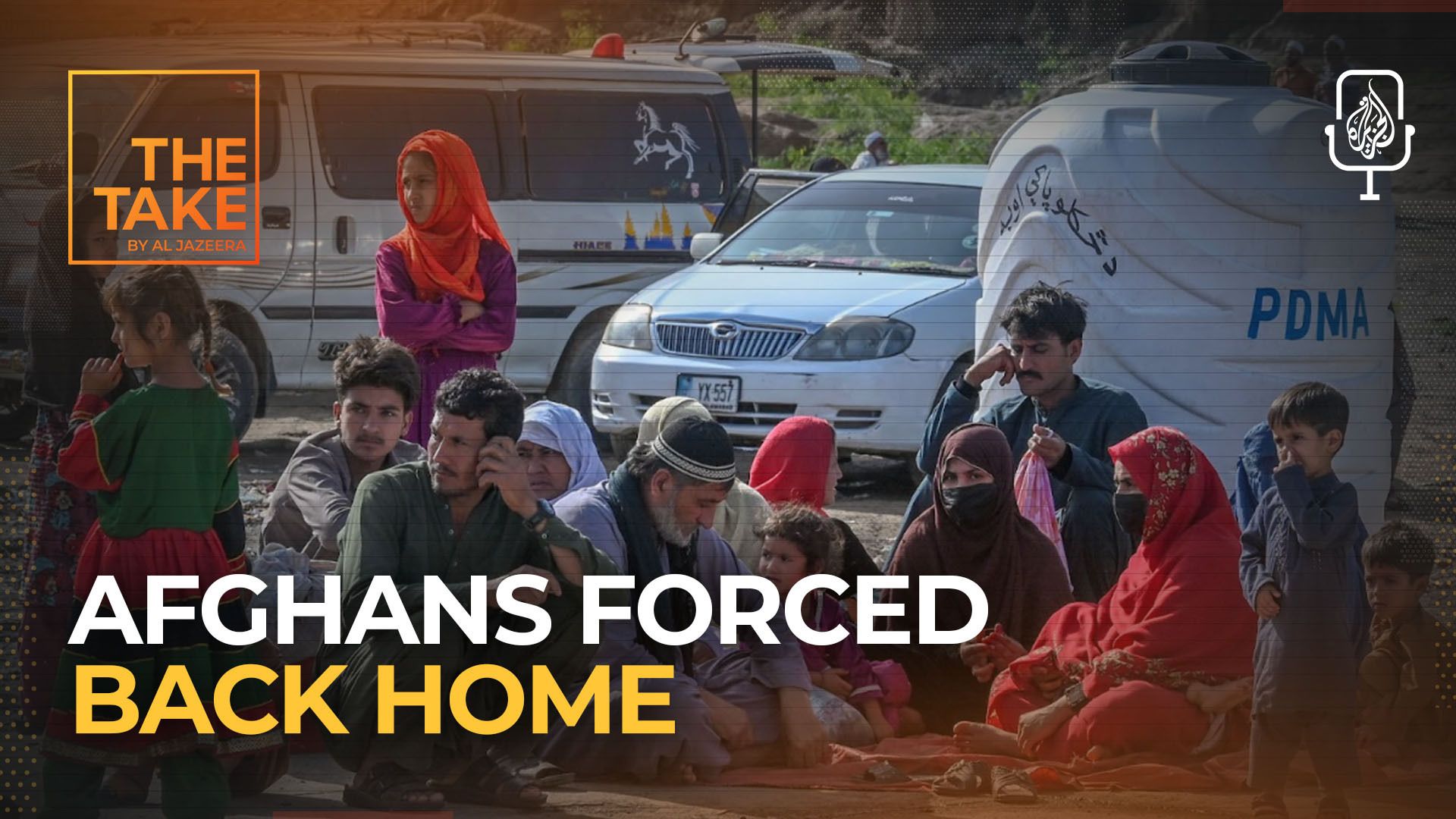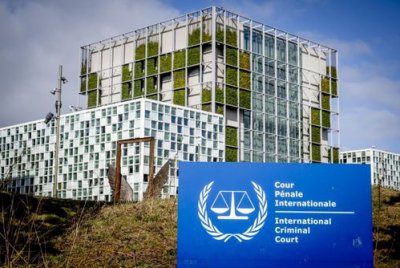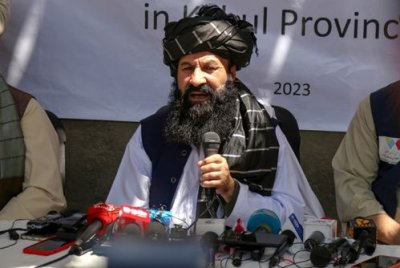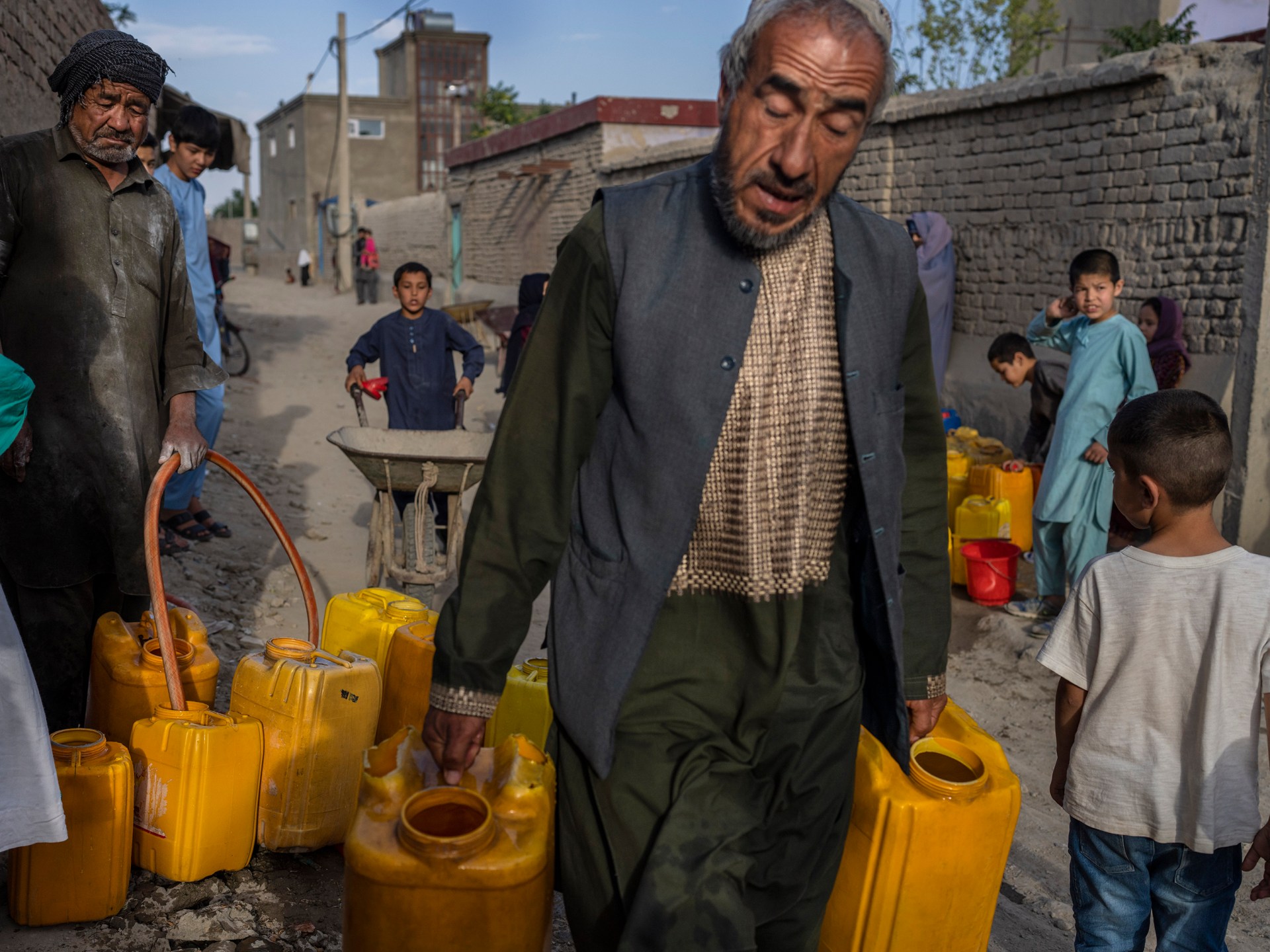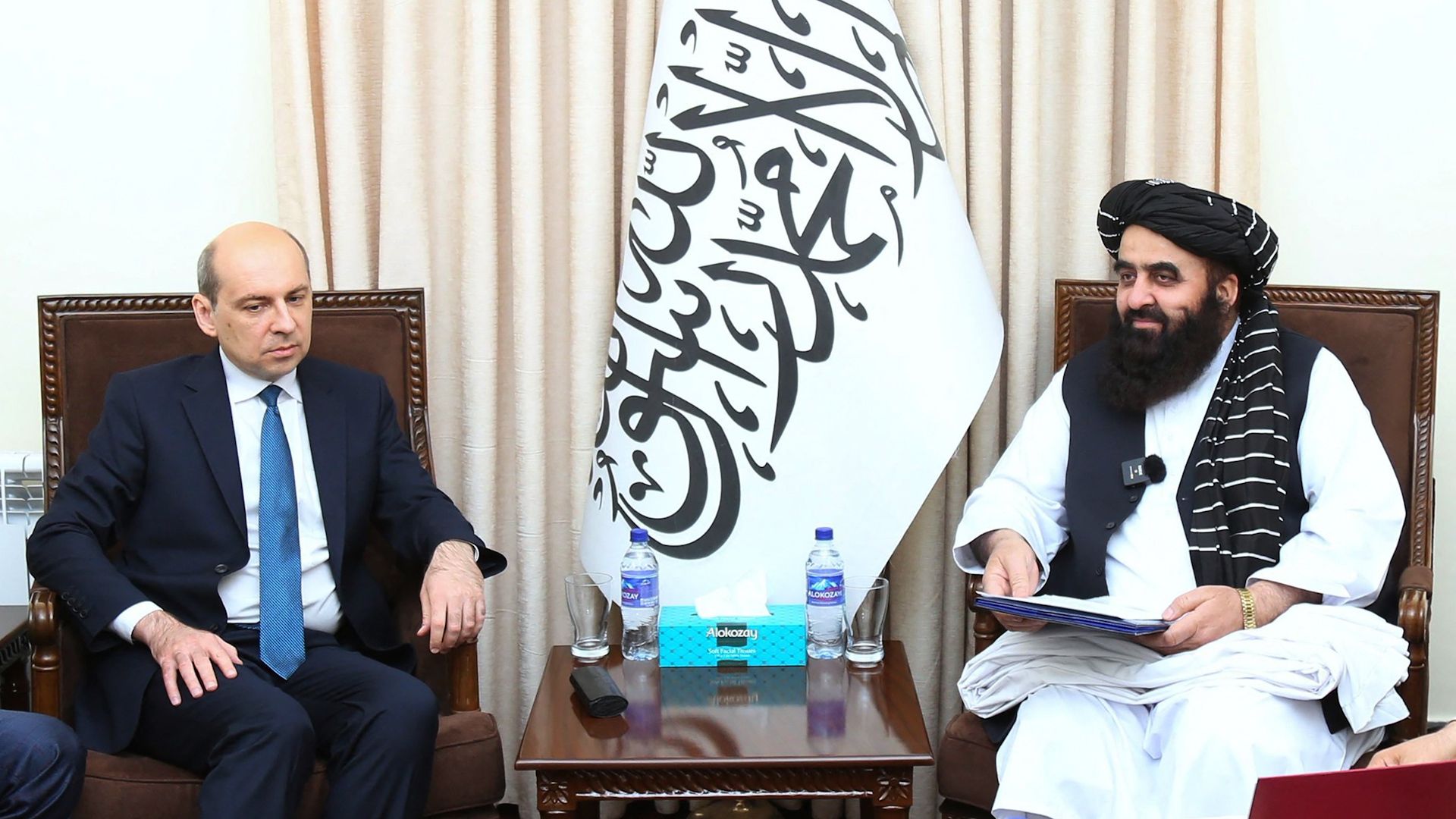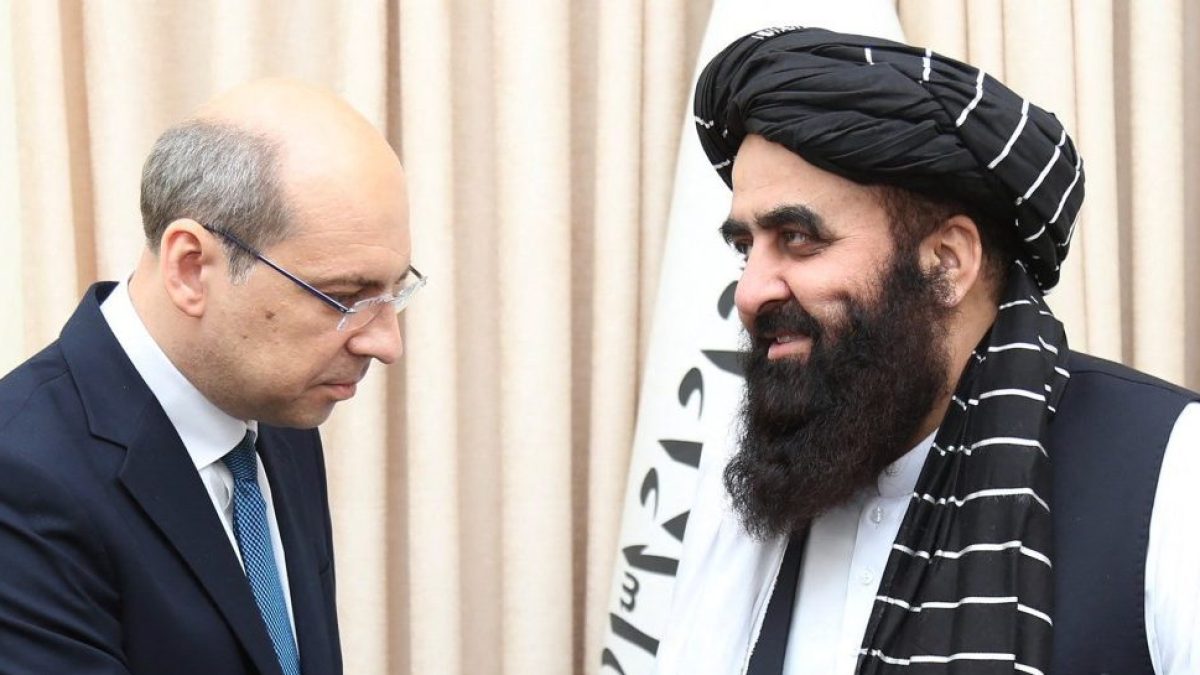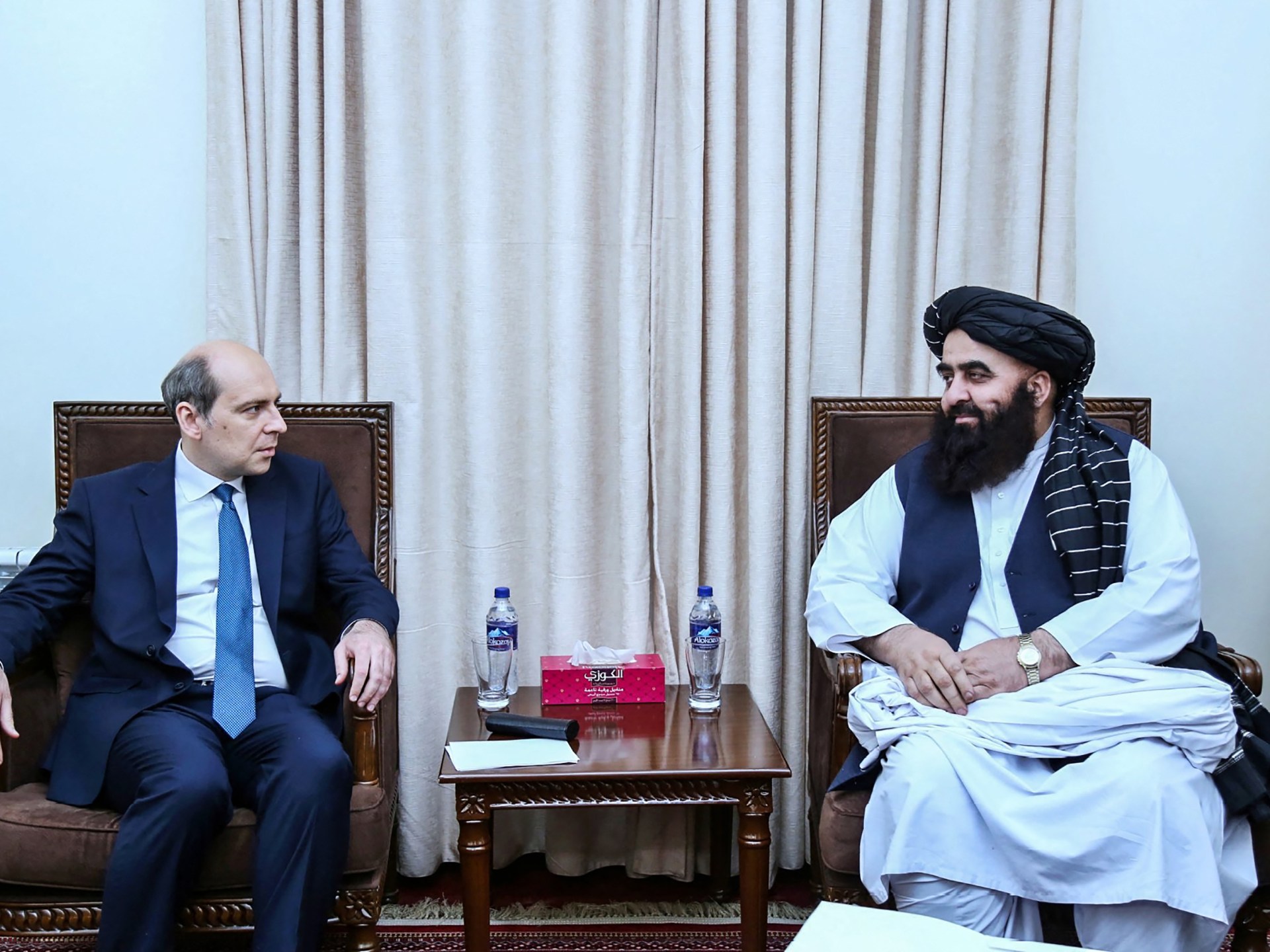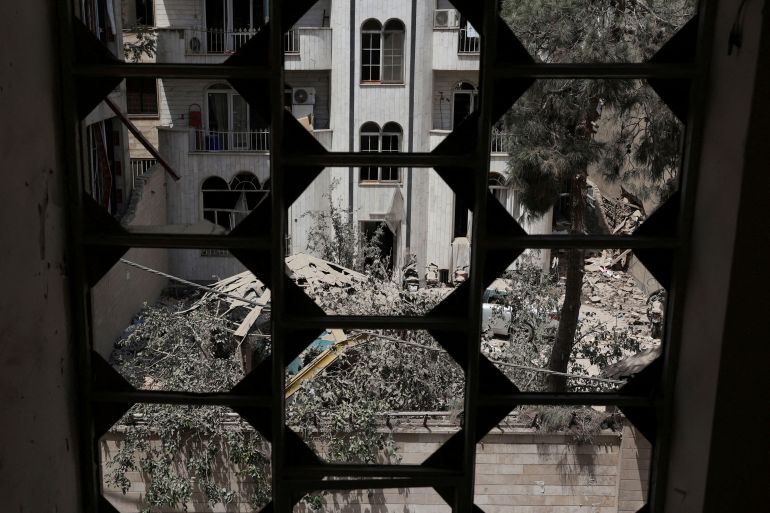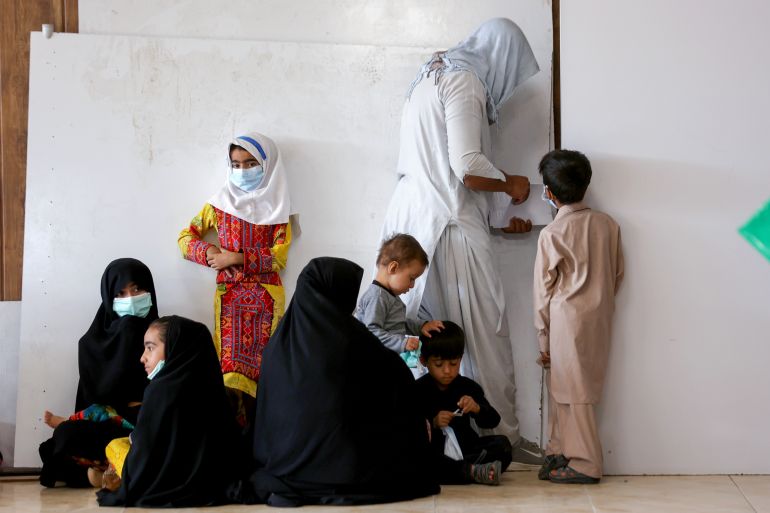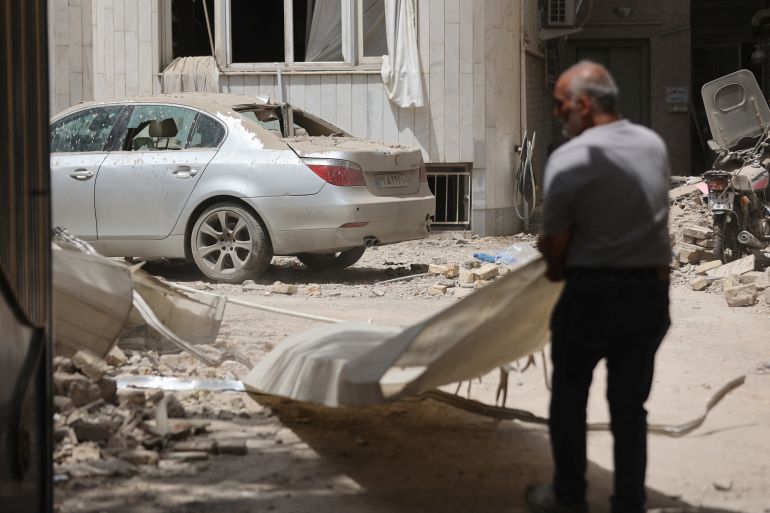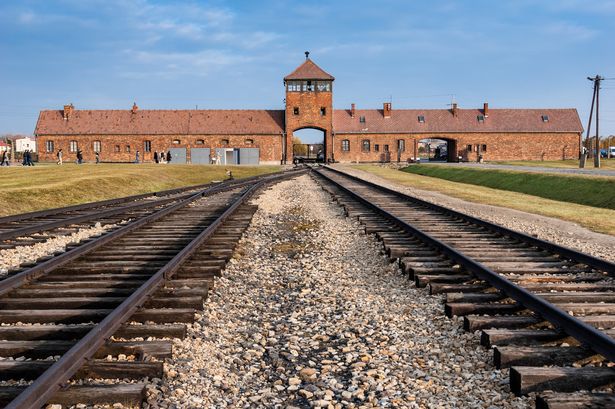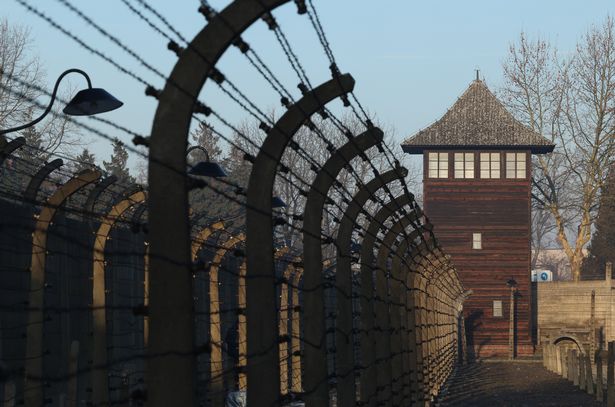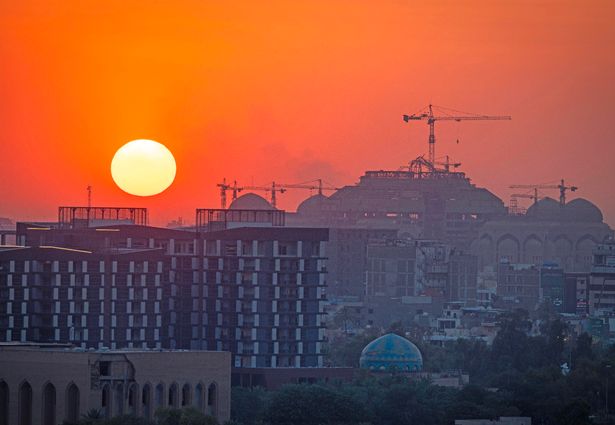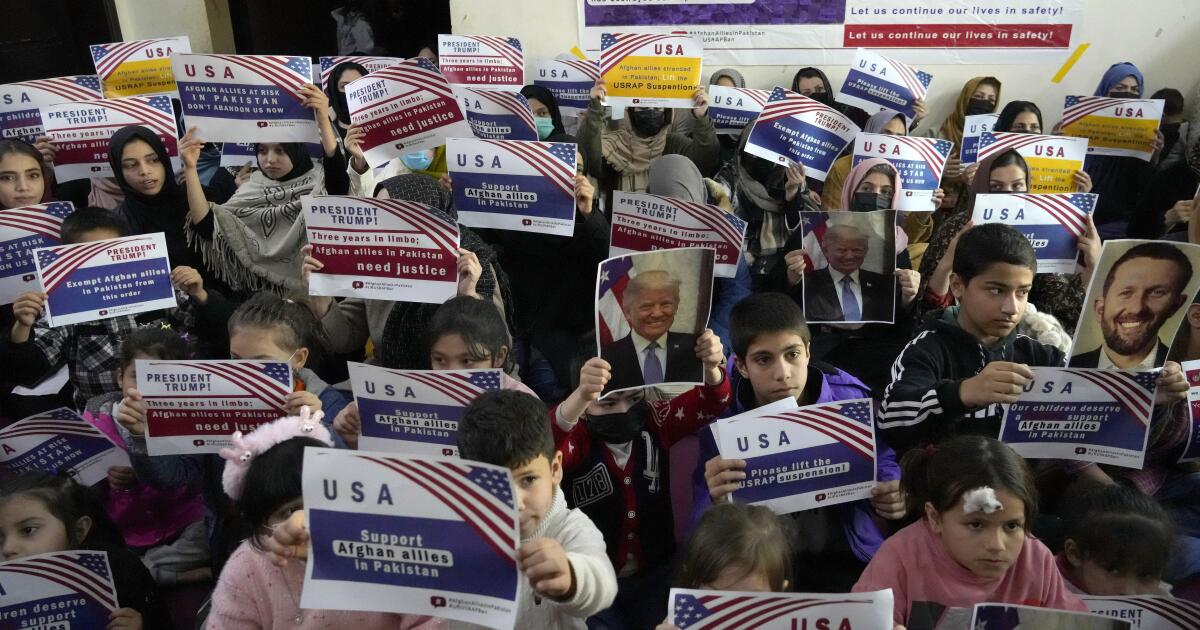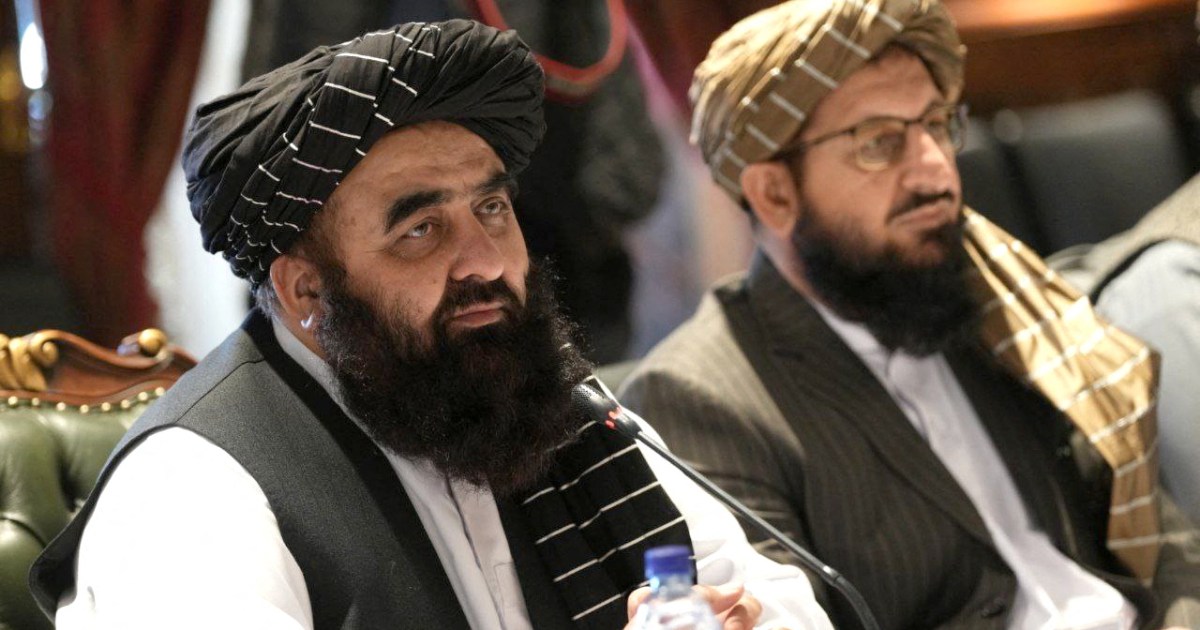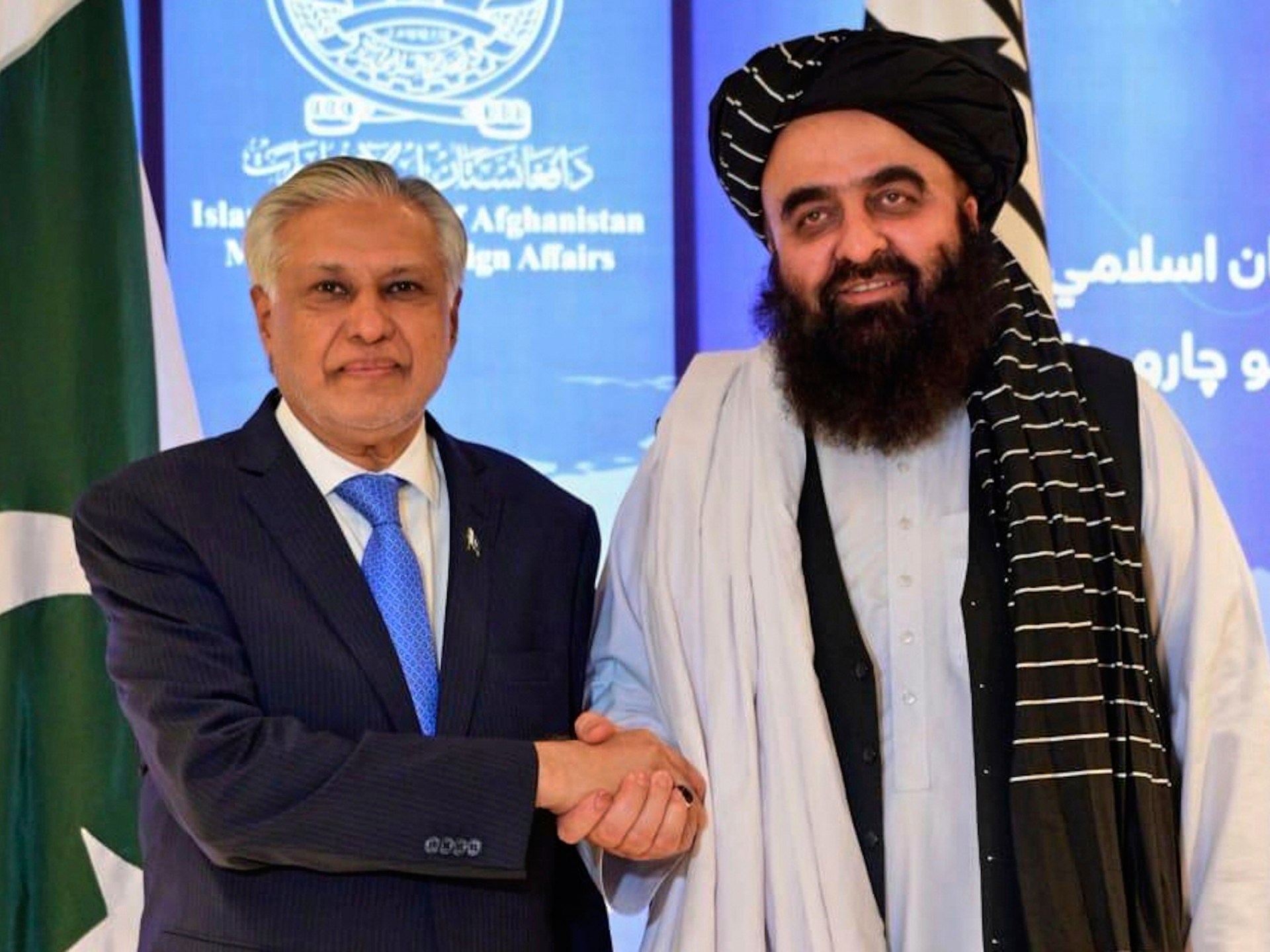From hiding in Auschwitz to vlogging in war zones, some Gen Z travellers are going to extreme lengths to secure content for social media as part of a growing dark tourism trend
Dark tourism is one of the most popular niches for young travellers. As stories emerge of tourists eating sandwiches on Holocaust tours and fraternising with global terror organisations, it provokes the question: is it ethical?
Defined by darktourism.com as tourism that involves travelling to sites that include death and disaster, it’s been widely expanded to include locations linked with unscrupulous figures and unpleasant events like incarceration. According to a 2022 Travel News survey found, a staggering 91% of Gen Z (13-28 year olds) have engaged in the activity in some form.
And if we’re talking about popular dark tourist sites, few places get darker than Auschwitz. It’s the most impelling legacy of the Holocaust, the twentieth century’s most obliterating tragedy. In the five years that it was active over 1.1 million people lost their lives, of which one million were Jewish. It’s also become an increasingly popular tourist destination.
Over 1.8 million people visited the Auschwitz-Birkenau Memorial and Museum in 2024, a 10 per cent rise compared to 2023. And while these numbers are lower than the pre-Pandemic high of 2 million, the museum puts this down to the current conflicts in Russia-Ukraine and the Middle East.
READ MORE: What’s the worst thing you’ve ever done on holiday? Once I broke into someone else’s home
Beverley Boden is a PhD researcher in the field of dark tourism and associate dean at Teesside University International Business School, who happens to spend a lot of her time at Auschwitz. Part of what fascinates her is what motivates people to visit these destinations, as well as the toll it takes on the tour guides.
Recently she’s also noticed a definite increase in interest in dark tourism from a crowd with two specific characteristics. Firstly, they tend to be predominantly young: 16 – 24. Secondly, there’s a lot of people who haven’t fully done their research.
Beverley explains: “When you’re at a place like Auschwitz, you see how disrespectful some tourists can be. They take calls when the guides ask them not to, eat food when the guides ask them not to. They take inappropriate pictures. They go into places that they shouldn’t.”
In one instance she recalls observing two young tourists hide behind the camp’s ovens, in gas chamber number one, and a tour guide had to plead with them to stop.
For more stories like this visit The Gulp or subscribe to our weekly newsletter for a curated roundup of top stories, interviews, and lifestyle picks from The Mirror’s Audience U35 team delivered straight to your inbox.
Another time, a man pulled out a sandwich and began eating it outside of block number 10, while the guide recounted the intentional genital mutilation of women to end the Jewish race.
It’s not just Auschwitz either. Beverley says she’s also noticed an interest in Chernobyl, another quintessential dark tourist destination. While the Russia-Ukraine war has made visitor numbers hard to discern, the location of one of the world’s most terrifying nuclear tragedies has long drawn a mass appeal.
As for why she believes that these destinations have taken off with a wider audience, including those who haven’t done as much research, Beverley points to several theories. One is the wild popularity of recent shows, like Netflix’s Dark Tourist, which aired in 2018 and which sees the host travel to a plethora of unlikely destinations, from haunted forests to Jeffrey Dahmer’s hometown.
From her own experience, she admits there is also a level of “morbid curiosity” in seeing places associated with destruction and death. For the upcoming generation, too, who haven’t known a world without Internet, there is a desire to “push the boundaries”.
However, another, potentially more worrying facet of dark tourism, Beverley explains, includes visiting active or recent conflict zones.
Pursuit of the perfect selfie
Travel vloggers like Miles Routledge, Mike Okay and @josievlogsthings have gone viral – and caused controversy – over recent years for their visits to locations like Mauritania, Iraq and Afghanistan. These countries all have UK FCDO travel advisories and some are currently caught in active wars or are being run by governments with questionable human rights records.
Whether borne out of a genuine interest, or something ulterior, the audience’s intrigue is undeniable: many of these videos gain millions of views. After all, is your travel content really that engaging if you haven’t taken a selfie with the Taliban? As travel YouTuber Miles Routledge claimed to have done, after being held in custody by the Taliban in 2023.
While there’s no explicit link, the rise of these social media vlogs has correlated with an increase in real-world visitor stats. In 2023, over 5,200 tourists visited Afghanistan. Meanwhile, the Iraqi government documented a record 500-plus US and European tourists visiting the country in 2024.
One such visitor was Xiaochen Su, a Chinese-American digital nomad currently based in Malta. He was backpacking through the Middle East when he spotted a connecting flight to Baghdad and thought, “why not one more country?” When he landed he didn’t know what to expect.
“I heard about Baghdad so much on the news back when the war was still happening. I just wanted to see what the current situation was like,” he says.
Iraq is on the FCDO Do Not Travel list, which advises against all travel to many parts of the country due to a high threat of terrorism. It has suffered through decades of conflict that has resulted in over 200,000 casualties between 2003-2022, according to the online database Iraq Body Count. Xiaochen remembers being taken aback by the dilapidated buildings, including main shopping streets left shuttered and in ruins.
But what also struck him was how warmly he was treated. “People would come up to me and say ‘hey’. We had difficulty communicating, but people were nice,” he says. Ultimately, cities like Baghdad, stages for recent and devastating wars, are places where hundreds of thousands of people still live and work.
This is true for many of these dark tourist adventures. Often these places that hold salacious intrigue for dark tourists are homes, memorials, or even ancestral graves for others. Visiting such locations can be educational, if done respectfully.
“A lot of people think that even traveling as a dark tourist is unethical,” Beverley says. “But I think one of the great things about dark tourism is that it does shine a light on historical events. It can educate the younger generation because lessons can be learned.”
Help us improve our content by completing the survey below. We’d love to hear from you!
